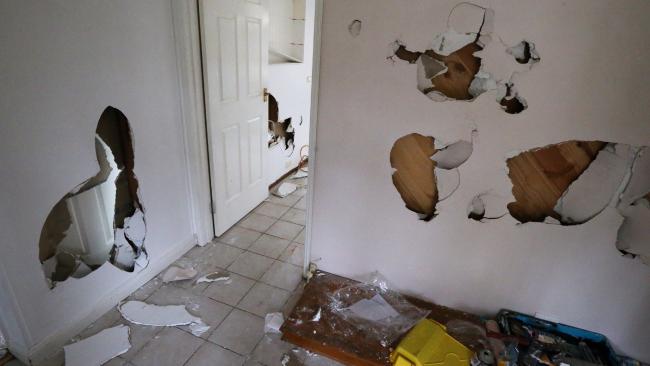San Diego Evictions Done the Right Way
 Are you familiar with the eviction process in San Diego? If you are a landlord or are thinking about becoming one, it is vital to learn about lawful evictions in San Diego. Even negligent tenants have legal rights – so read on to be sure that if you do ever need to remove a bad tenant, you know exactly what to do.
Are you familiar with the eviction process in San Diego? If you are a landlord or are thinking about becoming one, it is vital to learn about lawful evictions in San Diego. Even negligent tenants have legal rights – so read on to be sure that if you do ever need to remove a bad tenant, you know exactly what to do.
If you are a landlord with a bad tenant, it stands to reason you should be able to immediately kick them out. Lawful evictions can take months to process, and in that time you may lose rent or risk further damage to your property.
While this may make sense in your head, in San Diego, if you want evictions to hold up in court, then you have to use the court to evict. All tenants have rights – even the bad ones. Unfortunately, one of those rights is the right to a lawful eviction. If you do not legally evict a tenant, he or she can sue you for damages.
Firstly, you need a good, true reason to evict someone. If you don’t like the type of music that a tenant is playing, this is not a reason to evict. However, someone selling drugs out of your rental property is a valid reason to start the eviction process. Before you try and evict someone in San Diego, you should contact them and try and work out the situation. You must be sure to document the whole process. This will show the courts that you are a reasonable person who did not immediately resort to using legal means to evict. This also gives you the opportunity to start creating a case against a bad tenant. You may fare better in court if you document that you tried to resolve the issue but the tenant did not fix their behaviors.
In San Diego, you need to serve notice to a tenant. If a tenant does not pay rent, then you need to give them a three-day notice saying that a)the rent is due and b)if they don’t pay, you will try to evict them. An eviction in San Diego can be put on hold if notice isn’t properly served. For this reason, it is important to completely fill in everything or have a lawyer look it over.
 If the tenant still behaves poorly, you can file with the court. Once you file legal documents, a third party must “serve” them to the tenant. Once a tenant is served, they will either a)respond within five days or b)fail to respond, in which case a judge may be able to give you a “default judgement” to evict. In San Diego, you should also file proof with the court that you did serve the tenant. You don’t want the tenant to say they never got the notice.
If the tenant still behaves poorly, you can file with the court. Once you file legal documents, a third party must “serve” them to the tenant. Once a tenant is served, they will either a)respond within five days or b)fail to respond, in which case a judge may be able to give you a “default judgement” to evict. In San Diego, you should also file proof with the court that you did serve the tenant. You don’t want the tenant to say they never got the notice.
If the issue does go to courtroom trial, this is your opportunity to share your side of the story. This is also your tenant’s chance to do the same. Be prepared that they may start saying bad things about you to show that you are an unfit landlord. This is why you need to keep clear records throughout the eviction process. A judge is more likely to rule in your favor if you have everything in order from the beginning.
Hopefully the information here can help you win against a bad tenant in a San Diego court. Landlords who know the court system can sometimes get bad tenants to cover their legal fees as well. The San Diego eviction process puts the burden of proof on the landlord. Therefore, it is important to learn all about evictions before an issue arises, not during. Learning how to properly evict will save you lots of headaches in the future!
On a regular basis, we will purchase properties with troubled tenants in place. If you don’t want to deal with evicting a tenant or tenants, click here for a free consultation. Follow us on Facebook for more tips on managing tenants : click here